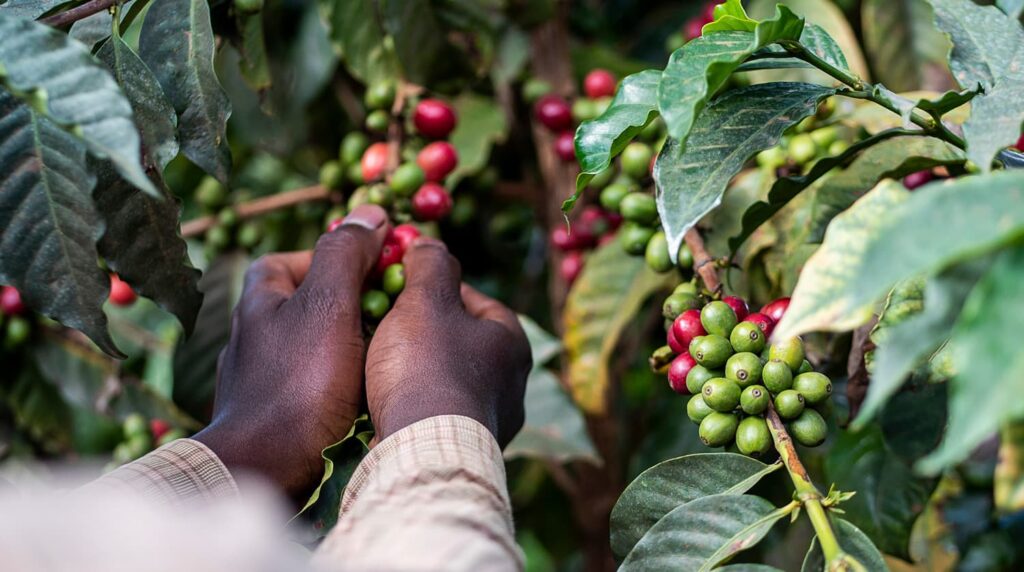The Nairobi Coffee Exchange has seen a remarkable transformation in coffee grade distribution between the 2023/2024 and 2024/2025 seasons. This shift not only points to a significant rise in the quality of Kenyan coffee but also highlights the improving standards in coffee production and trading across the country.
One of the most notable improvements is the increase in premium grade AA coffee, which rose from 19% to 25% of total sales. This indicates a significant leap in the production of top-tier beans that meet strict quality standards. The AA grade is highly prized in international markets for its size, consistency, and flavor profile, making this growth particularly encouraging for farmers and exporters alike.
In contrast, the presence of lower-quality grades has diminished. Grade C coffee fell from 16% to 10%, while the MH (Mbuni Heavy) grade dropped from 6% to just 2%. These grades typically represent coffees that do not meet the full requirements for specialty classification due to defects or poor processing. Their decline suggests that better post-harvest handling and processing practices are being adopted more widely. Meanwhile, the PB (Peaberry) grade remained relatively steady, increasing slightly from 5% to 6%. This stability suggests consistent sorting and grading processes, as PB beans are a natural variant found during harvesting.
Overall, the shift in grade distribution signals a positive trend toward quality-centered production, influenced by better farming practices and market incentives.
On the market side, performance metrics reinforce this quality-driven growth. Total coffee sales volumes soared from 28,866 kilograms to 34,232,491.73 kilograms, a substantial leap that illustrates growing supply and perhaps better aggregation mechanisms at the cooperative or factory levels. In monetary terms, the total value of sales surged from KSh 19.6 billion to KSh 27.9 billion. This strong growth not only benefits traders and exporters but also signals improved earnings for farmers when shared equitably through cooperative systems.
Another significant development was the sharp rise in the average price per 50 kg bag from $225 to $333. This 48% price appreciation is a direct reflection of improved coffee quality and more favorable market conditions, likely supported by better marketing, traceability, and branding of Kenyan coffee as a premium product on the global stage.
Behind these positive changes are key agronomic practices that are critical to coffee quality and productivity. Four major pillars define successful coffee production:
- Pruning: Regular and strategic pruning helps manage plant structure, rejuvenate trees, and improve bean development by allowing better light penetration and air circulation.
- Nutrition: Adequate and balanced fertilization ensures the coffee plants receive essential nutrients for growth and bean development. Nutrient-deficient trees produce low-quality cherries that directly affect grading.
- Crop Protection: Using pesticides and adopting Integrated Pest Management (IPM) practices protects coffee plants from diseases and pests, maintaining both yield and quality.
- Moisture Management: Reliable access to water, whether through rainfall or irrigation, supports flowering, cherry formation, and consistent maturation, all of which influence bean size and uniformity.
When these practices are applied in the correct combination and supported by expert extension services and advisory programs, farmers can achieve significant improvements in both the volume and grade of their coffee. The recent trends at the Nairobi Coffee Exchange demonstrate that such efforts are beginning to bear fruit literally and economically.

